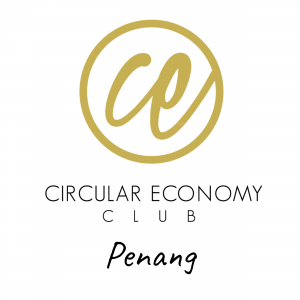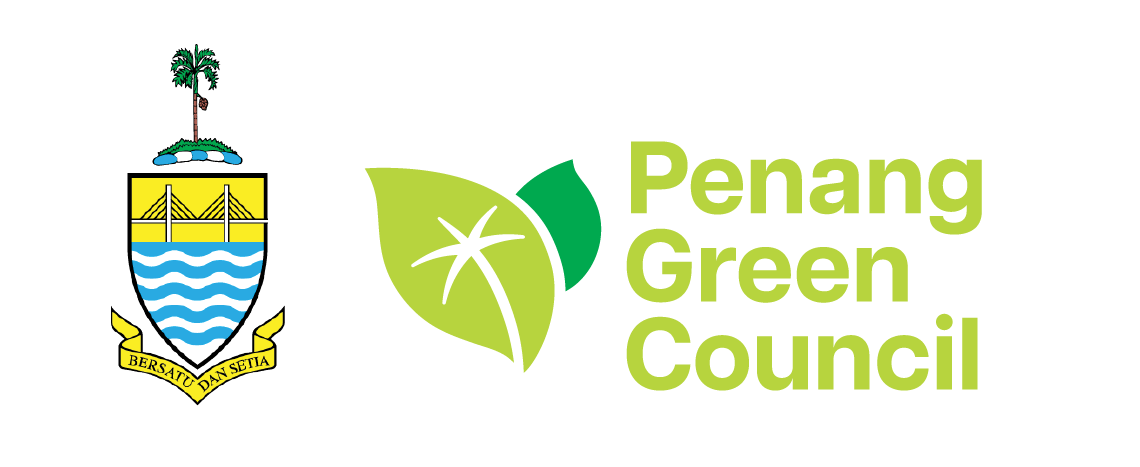Circular Cities Project
Introduction
The Circular Cities Project aims to foster international urban cooperation between Penang and within the circular economy cluster, including the European cities including Bologna, Granada and Greater Manchester, as well as the Chinese city of Haikou. Cooperation is framed within the International Urban Cooperation (IUC) Asia project of the European Union (EU), which is pairing up with Penang via Penang Green Council (PGC).
The IUC Asia project – Malaysia component – will jointly and in bilateral efforts continue with Circular Economy efforts in Malaysia where European and Malaysian cities embark on city-to-city cooperation in three key areas:
1. Research & Innovation
2. Knowledge Transfer of Best Practices
3. Exploring Investments and Business Opportunities
The Malaysian government has announced to launch a ‘Circular Economy Roadmap’ by which aims for Malaysia to lead the development of circular economy in Southeast Asia. Cooperation in these areas will be promoted when it comes to designing circular cities with current sustainable developments and advocating sustainable, environmental and climate-friendly solutions. A push for change would in fact spur the local economy, as new solutions are developed to cope with the problem of waste and limited resources.
Aim
- Create a Circular Economy Roadmap for Penang to support stakeholders, including state governments and private sectors, in taking a unified and collective approach towards a sustainable, circular economic system and an inclusive approach including the informal sector and vulnerable groups.
- Serve as a basis for action in Malaysia through new EU Circular Economy Action Plan, where the IUC project will bring best practices from the European pilot cities to achieve circular product design through, e.g. improved durability, reusability, upgradability and reparability of products; increased recycled content in products; and restricting single-use and countering premature obsolescence of products.
- Adopt government to government (G2G) basis on city match-making with European city to discuss challenges and solutions whilst European city to access the growing market of circular economy investments in Malaysian cities such as the chosen ones in Penang.
Project Phase
Expected Outputs
A Circular Economy Roadmap for Penang and also to start a pilot project that addresses the top challenge in Penang which is SINGLE-USE PLASTIC.
A Circular Cities Blueprint for Malaysia which incorporated results of consultation meetings and concept notes for circular economy projects at city level
The blueprint should propose a pathway for the Malaysian cities for the next 10 years for mainstreaming circular economy principles into the cities’ economic and urban development plans, taking into consideration EU challenges, solutions, best practices and models.
COLLABORATION PARTNERS

SUPPORTING PARTNER


